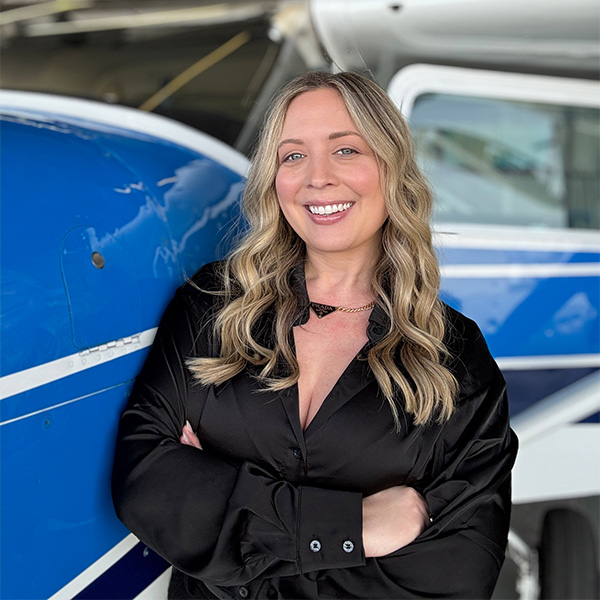GA leaders reinforce pledge to unleaded future
Webinar addresses commitment of public-private initiative
Following the general aviation industry’s declaration to be lead-free by 2030 at the February 23 General Aviation Manufacturers Association State of the Industry meeting, AOPA and GAMA reinforced GA’s commitment to an unleaded future in aviation in a well-attended webinar that also addressed the prospective pathways and challenges to get to this ambitious goal.
AOPA Editor in Chief Tom Haines moderated a discussion with AOPA President Mark Baker, GAMA President Pete Bunce, and aviation fuel expert Paul Millner as they addressed the GA industry’s commitment to the new government-industry initiative, Eliminate Aviation Gasoline Lead Emissions (EAGLE), and how it will affect pilots, aviation associations, businesses, airports, and others in the industry.
EAGLE builds on the work accomplished by another industry-government collaboration, the Piston Aviation Fuels Initiative (PAFI), which was introduced in 2013. PAFI was established specifically to develop testing procedures and conduct tests of higher-octane unleaded fuel candidates. The protocols that PAFI established are in use today under the EAGLE banner.
PAFI and supplemental type certification are the two current pathways to unleaded fuel approval by the FAA.
Two companies have already used the STC path and have shown degrees of success. Through the STC protocol, Swift Fuels has brought forward a 94-octane unleaded formulation that is currently available for lower-compression engines at several airports (Swift has an online tool to find where its UL94 is sold). General Aviation Modifications Inc. (GAMI) has also been awarded hundreds of STCs for low-compression engines for its 100-octane unleaded fuel, G100UL. Company officials say they expect STCs for most of the rest of the fleet, including high-compression engines, in the next few months.
GAMI and Swift’s high-octane formulations “have evolved greatly over the last decade,” said Millner, who reiterated that, although promising, once one of these fuels is accepted, regardless of whether it is a PAFI or STC fuel, the same challenges will remain in entering the licensing and distribution network.
Millner praised the transparency of the STC process over the PAFI process, commenting, “STC applicants have [published] patents, so if you’re able to do a Google search on the name of the company and avgas patents, you can read all about what’s in their fuel and how they plan to make it.”
The Eagle initiative is “a big step forward,” Baker said. “Once we get a fuel that is acceptable, whatever that is…we want to find a pathway to get those fuels into the distribution,…the consumer, and being fully confident that those fuels are ready to go. As I view the difference today in EAGLE and having been around PAFI for a number of years, this is an urgency change, we’ve got to do it now.”
As a complement to the work that EAGLE is doing, Baker and Bunce also announced the Avgas Coalition, a broad group of dedicated organizations aligned on a smart and safe transition to unleaded aviation fuel. The coalition, which already has more than 100 members, comprises a broad partnership of GA leaders and organizations such as AOPA, the Experimental Aircraft Association, the American Bonanza Society, the National Business Aviation Association, the American Petroleum Institute, and the Cirrus Owners and Pilots Association, just to name a few.
Baker explained that the avgas coalition is “modeled after what AOPA did with BasicMed and the ATC privatization issue. Anybody that’s involved in general aviation and using piston aircraft should be part of this coalition. The more you know going into important discussions, the better off we’ll all be.”
The Avgas Coalition will help all parties stay better informed on the continuing effort to become lead-free by 2030. Those interested in staying informed are encouraged to visit aopa.org/100UL, where updates, news, and information will be provided.



